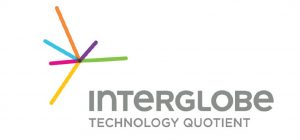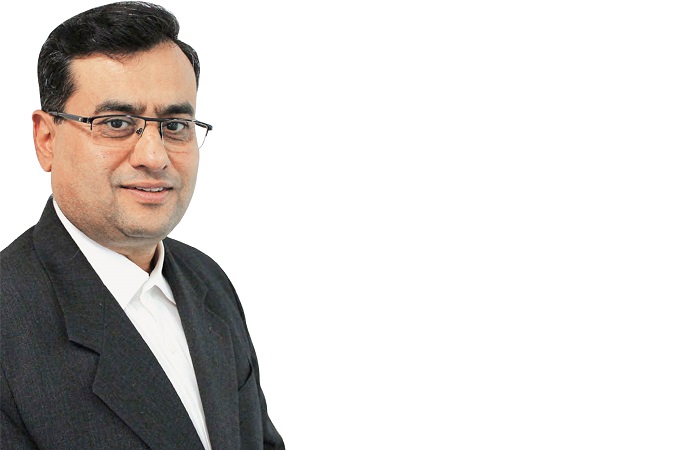Sandeep Dwivedi, Chief Operating Officer, InterGlobe Technology Quotient, shares how ITQ and Travelport are keeping abreast of the needs of travel agents across the country and offering just the right technology to help equip them with the best solutions.
Nisha Verma
InterGlobe Technology Quotient (ITQ) as well as the entire aviation industry has enjoyed good growth in India, claims Sandeep Dwivedi, Chief Operating Officer, ITQ. “India is one of the fastest growing markets with a double-digit growth of 18-20 per cent on a CAGR basis, and this is being captured by LCCs as well as regional carriers under the UDAN scheme. From a GDS perspective, India became the second largest market across the globe last year after the US, and we expect the same from an aviation outlook too. By 2025, India is going to be the third largest aviation market after USA, China, subject to the challenges we have in the market,” he shared.

ITQ looks forward to close 2019 on a high note. Dwivedi mentioned, “From a Travelport perspective, we aim to provide services to the customer and be relevant in the market. The case in point here is if we are ready for NDC, which is going to be a reality very soon. By 2020, we expect many airlines to be part of it. Unfortunately, not a single carrier from India is a part of NDC yet. In fact, internationally tickets have been issued under NDC and we are going to see that trend catching up in India as well. All these airlines are directly approaching bigger aggregators and OTAs for direct APIs. We hope to address these challenges through our solutions.”
We will continue to enhance our solutions for the market. The entire process is automated for travel agents in Tier II, III cities as well as OTAs
Apart from Travelport, Dwivedi revealed, ITQ continues to innovate new products including corporate booking tools and solutions for travel agencies. “For instance, we have a product called VR3 (Void, Reissue, Refund, Revalidation), which can automate everything from re-issue, refund and cancellations of a travel agency. Usually, chances of errors are high in these cases but VR3 can take care of all the challenges,” he said.
Agreeing that there are initial apprehensions amongst travel agents and airlines for NDC, he insisted that it’s human nature to be sceptical about anything new. “The clarity would come once the entire set up of NDC would be completed by 2020. Travel agents will be relevant if they are able to provide all the solutions for what travellers are looking for. An interesting study by Google has suggested that any traveller and any e-commerce site visitor visits to a minimum 29 websites before taking a decision to buy. With NDC, I am sure all the content is going to be available at the same place for the travel agent,” said Dwivedi.
In a dynamic market like India, Dwivedi claims that ITQ will be relevant more from a technology perspective. “We will continue to enhance our technology and solutions for the market. The entire process is automated, especially for travel agents in Tier II, III cities as well as OTAs who have specialised processes. That’s why we rolled out Smartpoint. Travel agents can keep on giving cryptic commands of different GDSs even when they are not aware about Travelport command. He can give Amadeus or Sabre commands there and the system is intelligent enough to convert those into Travelport commands.”
Offering multi-modal services
- Travelport has announced a new agreement with Airport Authority Hong Kong (AA) to promote the multi-modal connectivity services at Hong Kong International Airport (HKIA) to travel buyers in Asia, Europe and North America. As a regional hub and a multi-modal transport centre, it offers travellers extensive land and sea connections to cities throughout the Guangdong-Hong Kong-Macao Greater Bay Area, which includes Macao, Zhuhai, Shenzhen, Guangzhou and beyond. The technology allows overseas travel buyers to pre-book the airport’s multi-modal transport services for their customers in 18 markets from across the world.
 TravTalk India Online Magazine
TravTalk India Online Magazine








